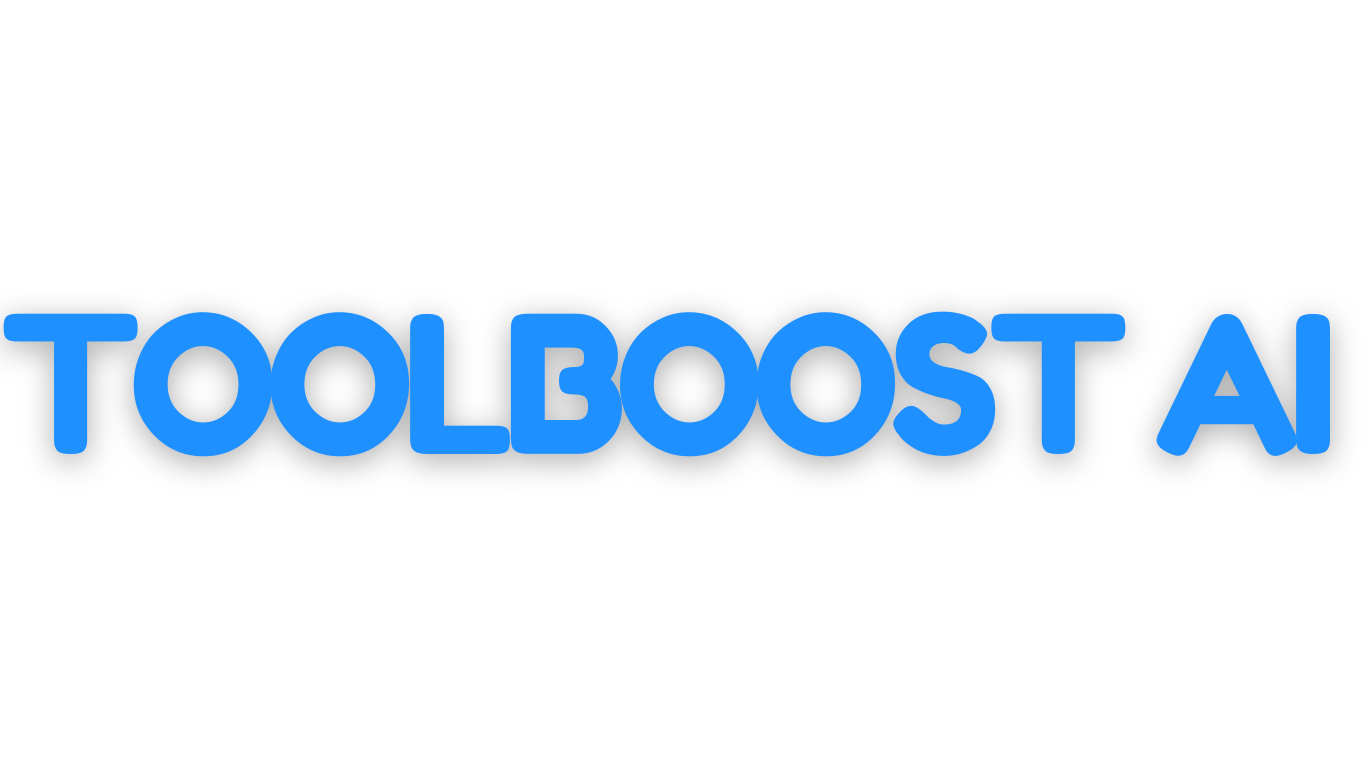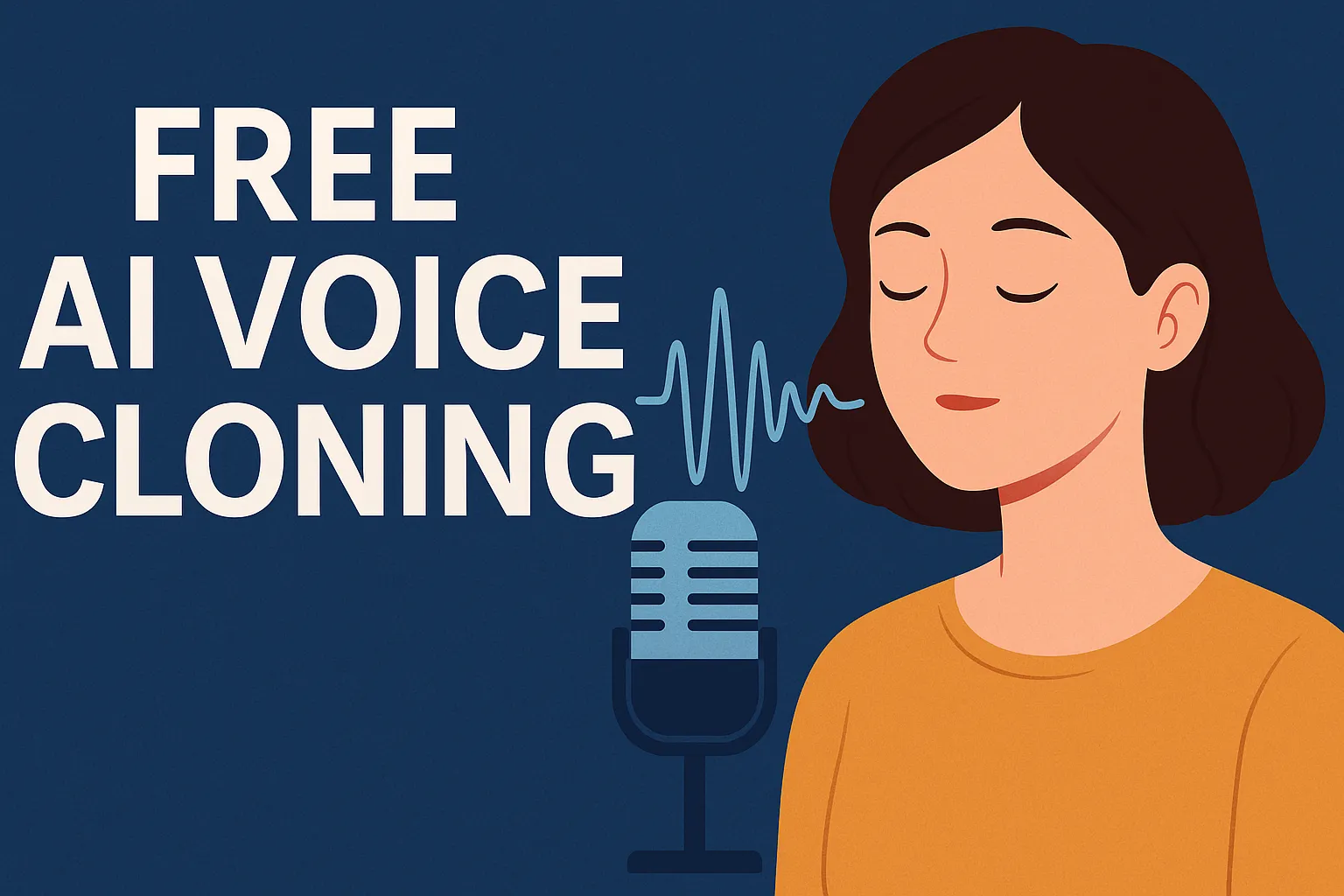Artificial Intelligence (AI) voice cloning technology has made significant strides in 2025, offering users the ability to replicate human speech with remarkable accuracy. This advancement has opened new avenues in content creation, accessibility, and personalization. However, it also brings forth ethical and legal challenges that need careful consideration.
Top Free AI Voice Cloning Tools in 2025
1. ElevenLabs
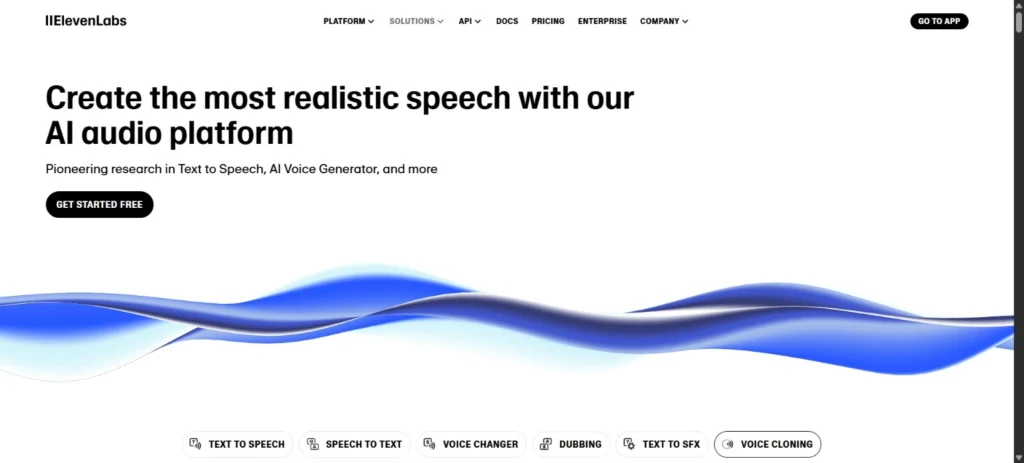
ElevenLabs has emerged as a leader in AI voice synthesis, offering high-fidelity voice cloning capabilities. Their platform allows users to create personalized voice models with adjustable emotions and supports multiple languages. The company recently secured $180 million in funding, elevating its valuation to $3.3 billion.
2. Descript
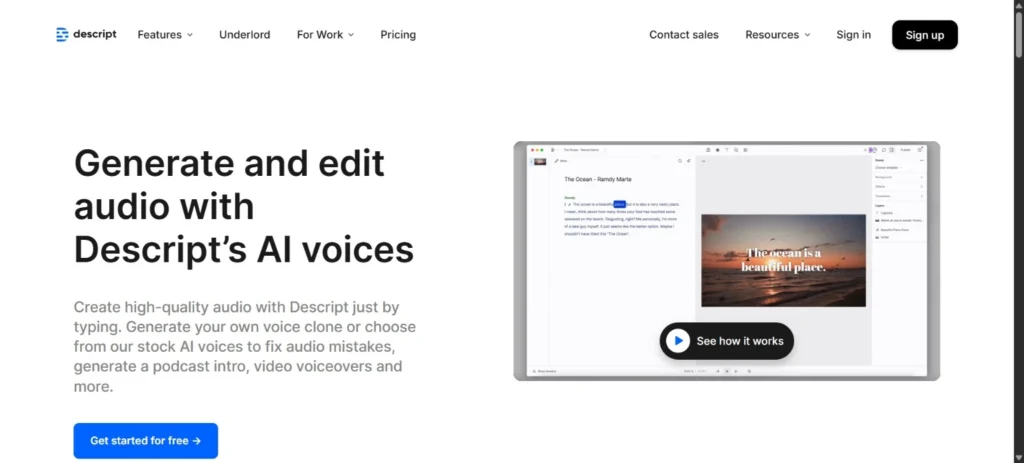
Descript provides an intuitive interface for voice cloning, enabling users to create a digital replica of their voice by reading a short script. This tool is particularly useful for podcasters and video creators looking to streamline their editing process.
3. Speechify
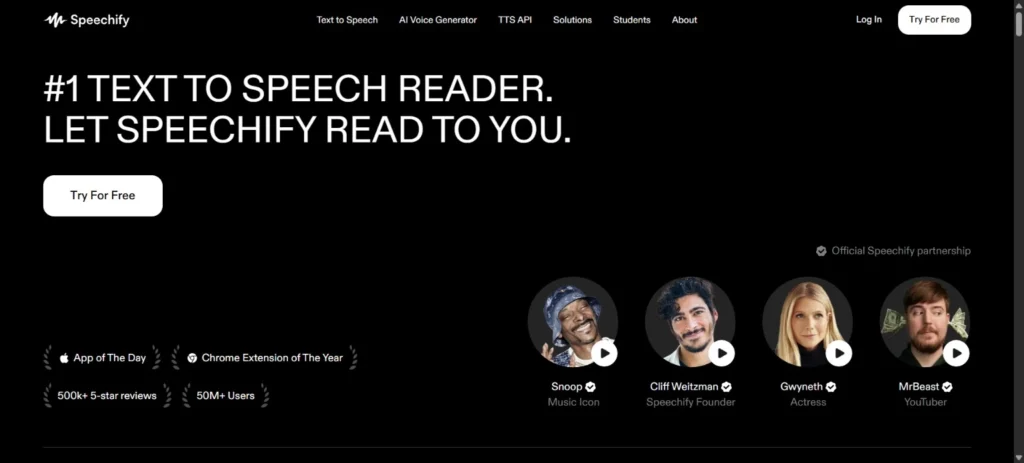
Speechify offers a user-friendly voice cloning service that requires only a 30-second voice sample. Users can generate natural-sounding speech for various applications, including audiobooks and podcasts.
4. Uberduck
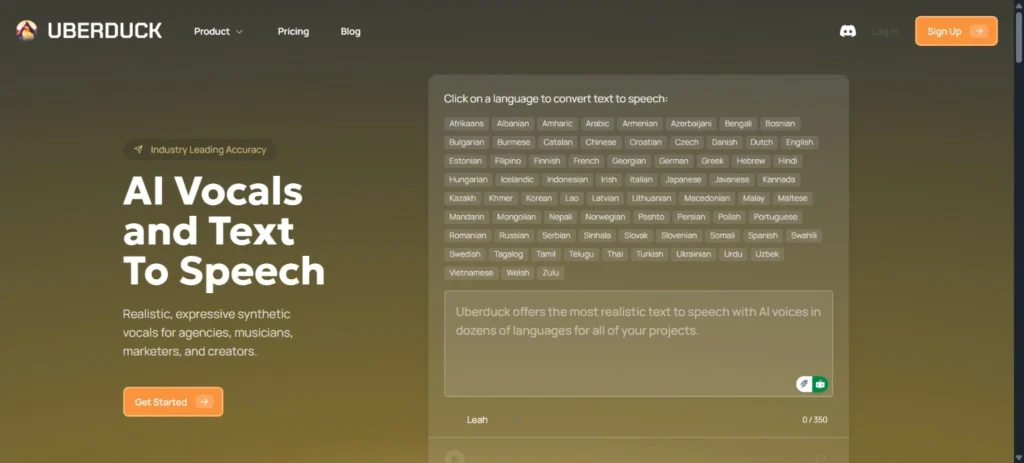
Uberduck allows users to clone voices for free, supporting applications like text-to-speech, voiceovers, and even singing. The platform emphasizes ease of use and quick turnaround times.
5. Mango AI

Mango AI by Mango Animate has launched a free voice cloning tool that enables users to create realistic and expressive audio using just a short voice sample. This tool is ideal for creators seeking to produce voiceovers and storytelling content efficiently.
Applications of AI Voice Cloning
- Content Creation: Streamlining the production of podcasts, videos, and audiobooks by generating high-quality voiceovers.
- Accessibility: Assisting individuals with speech impairments by providing personalized synthetic voices.
- Education: Enhancing e-learning experiences through customized voice narrations.
- Entertainment: Creating dynamic characters in video games and animations with unique voice profiles.
Ethical and Legal Considerations
While AI voice cloning offers numerous benefits, it also raises concerns:
- Misinformation: The technology can be misused to create deepfake audio, leading to the spread of false information.
- Privacy: Cloning someone’s voice without consent infringes on personal rights and can lead to legal repercussions.
- Security: There’s potential for voice cloning to be used in fraudulent activities, such as impersonating individuals for scams.
Legal Note: Regulatory frameworks are evolving. For example, the European Union’s AI Act includes guidelines to ensure ethical use of AI technologies.
Best Practices for Responsible Use
- Obtain Consent: Always seek permission before cloning someone’s voice.
- Transparency: Disclose the use of synthetic voices in content to maintain trust with your audience.
- Security Measures: Implement safeguards to prevent unauthorized access and misuse of voice data.
Top Use Cases in 2025
- Virtual Assistants: Personalized AI voices for smart devices to create more natural user interactions.
- Customer Service: Automated yet human-sounding voices in call centers improve user satisfaction.
- Marketing: Brands use voice clones to maintain consistent audio branding across campaigns.
- Localization: AI voices help localize content efficiently without requiring new voice actors.
Latest Innovations and Trends
- Multilingual Voice Cloning: AI tools can now clone voices across languages without compromising the original speaker’s tone or emotion.
- Real-Time Voice Conversion: Tools like Respeecher and iSpeech offer near real-time voice conversion for live content.
- Low-Data Voice Cloning: New models can clone voices with as little as 10 seconds of audio.
FAQs about AI Voice Cloning
Q1: Is voice cloning legal?
Yes, but only if the person whose voice is being cloned has given explicit consent. Misuse can result in legal consequences depending on regional laws. Learn more about AI ethics at AI Ethics Guidelines Global Inventory.
Q2: Are free tools safe to use?
Generally, yes—if you’re using reputable platforms like ElevenLabs or Descript. Always review their privacy policies.
Q3: Can cloned voices be detected?
Advanced forensic tools and AI-based detectors are being developed to identify synthetic voices. Researchers are working on watermarks and other signals to flag AI-generated audio.
Q4: What industries benefit the most from voice cloning?
Media, education, accessibility tech, gaming, and customer service sectors have seen significant enhancements from AI voice cloning.
Q5: How can I protect my voice from being cloned?
Avoid sharing high-quality voice samples online. Enable two-factor authentication for accounts connected to voice data.
Conclusion
AI voice cloning technology in 2025 offers powerful tools for innovation across various sectors. From content creation to accessibility, the potential is immense. By understanding its capabilities and responsibly addressing ethical, legal, and privacy challenges, users can harness this technology to enhance communication, creativity, and personalization.
Whether you’re a content creator, educator, developer, or simply curious about the future of synthetic speech, staying informed about the best free tools and ethical practices is essential in leveraging voice cloning tech safely and effectively.
